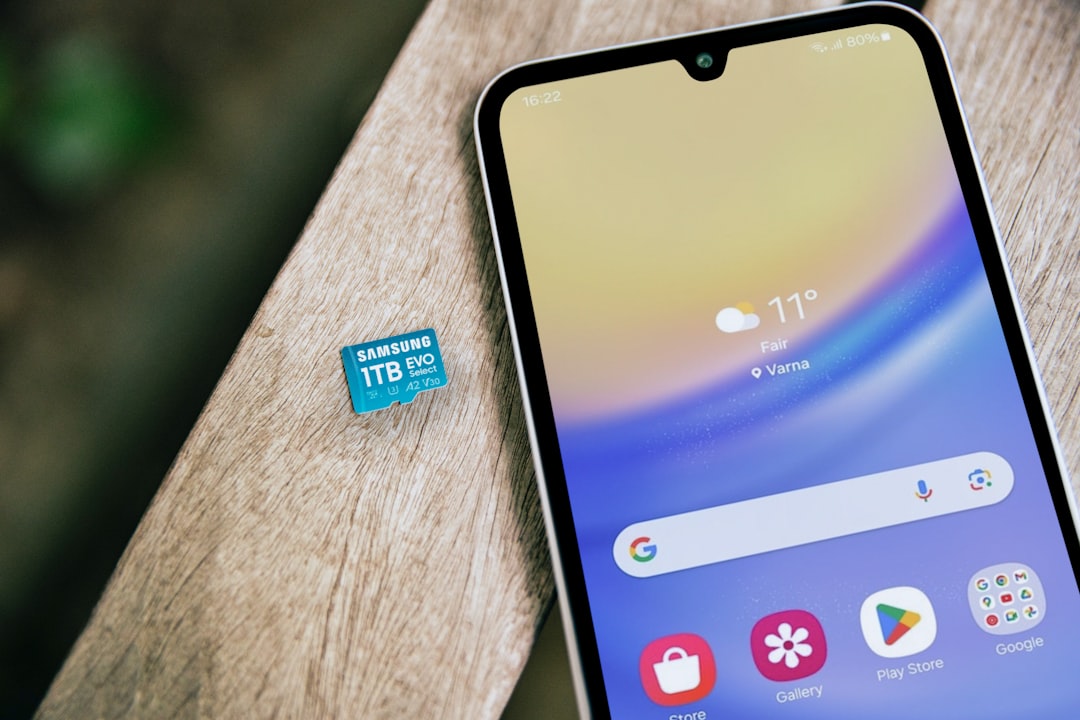Maryland's Do Not Call laws protect residents from unwanted telemarketing calls by allowing them to register their numbers and opt-out of sales pitches, with businesses needing explicit consent. A specialized lawyer can guide businesses on compliance while empowering citizens through public awareness campaigns that dispel misconceptions and promote registration. Collaborative efforts between government and advocacy groups have raised awareness, leading to more registrations and fewer nuisance call complaints. Businesses should consult lawyers, use official resources, conduct staff training, implement opt-out mechanisms, and address consumer complaints to maintain compliance.
In Maryland, maintaining a peaceful home environment is disrupted all too often by unwanted phone calls. To combat this, public awareness campaigns play a vital role in educating residents about their rights under the state’s Do Not Call laws. This article delves into the legal framework governing these laws, explores the benefits of informed citizens, and provides actionable strategies for spreading awareness. We also present successful case studies from Maryland and offer resources for both individuals and organizations seeking to stay compliant, guided by a lawyer specializing in Do Not Call Laws Maryland.
Understanding Maryland's Do Not Call Laws: A Legal Perspective

In Maryland, Do Not Call laws are designed to protect residents from unwanted telemarketing calls and sales pitches. These laws give individuals the power to opt-out of receiving such calls by registering their phone numbers on the state’s official Do Not Call list. Understanding these laws is crucial for both consumers and businesses. A lawyer specializing in Maryland’s Do Not Call Laws can offer valuable guidance, ensuring compliance and protecting rights.
Maryland’s regulations are clear: businesses must obtain explicit consent before making telemarketing calls. Failure to comply can result in significant fines. Consumers have the right to register their numbers and instruct call centers not to contact them again. A legal expert can help navigate these rules, advising on best practices for businesses and providing support when disputes arise regarding non-compliance or false registrations.
The Purpose and Benefits of Public Awareness Campaigns

Public awareness campaigns play a pivotal role in educating Maryland residents about their rights and responsibilities under Do Not Call laws, ensuring widespread adoption and compliance. These campaigns serve as powerful tools to reach a broad audience, dispelling misconceptions, and empowering individuals to take control of their privacy. By providing clear and concise information, they enable citizens to understand the significance of registering their numbers and the benefits it offers.
For those seeking advocacy or legal assistance regarding Do Not Call laws in Maryland, these campaigns offer a valuable starting point. They raise awareness about the rights-related aspects, encouraging people to take proactive measures to stop unwanted calls. This, in turn, fosters a sense of community and informed participation, ultimately contributing to a quieter, more peaceful environment for all Marylanders.
Effective Strategies for Informing the Public About Their Rights

Informed citizens are the cornerstone of successful public awareness campaigns. When it comes to Do Not Call Laws in Maryland, engaging and educating the public about their rights is key. One effective strategy is leveraging various media platforms—social media, local newspapers, and radio—to broadcast clear, concise information on how to register for the do-not-call list and what protections they offer. Interactive online tools, such as FAQs and video tutorials, can also help demystify the process. Collaboration with community organizations, schools, and local businesses further amplifies the message, ensuring it reaches diverse audiences.
Additionally, hosting workshops or webinars led by a lawyer for Do Not Call Laws Maryland can provide in-depth insights and address common concerns. These events offer a platform for two-way communication, allowing citizens to ask questions and gain a deeper understanding of their rights. Community partnerships with telecommunications companies and government agencies can also facilitate targeted outreach, ensuring that accurate information gets into the hands of those who need it most.
Case Studies: Successful Awareness Campaigns in Maryland

In recent years, Maryland has seen significant success in public awareness campaigns related to Do Not Call laws, leading to increased compliance and better protection for consumers. One notable example is the collaborative effort between the Maryland Attorney General’s Office and local consumer advocacy groups. Through targeted media outreach and community events, they educated residents on their rights under the state’s Do Not Call registry, emphasizing the benefits of reducing unwanted telemarketing calls. This campaign resulted in a surge in registrations and a substantial decrease in complaints about nuisance calls.
Another successful case study involves a local non-profit organization that partnered with a lawyer for Do Not Call Laws Maryland to create an interactive online resource center. By making the process of registering for the Do Not Call list more accessible, they empowered citizens to take control of their privacy. This digital approach not only increased awareness but also provided real-time feedback and success stories, fostering a sense of community engagement in protecting consumer rights.
Resources and Tips for Individuals and Organizations to Stay Compliant

Staying compliant with Maryland’s Do Not Call Laws is crucial, especially for organizations looking to maintain a positive reputation and avoid legal repercussions. Individuals can also benefit from understanding these regulations to protect themselves from unwanted calls. A helpful first step is to familiarize oneself with the laws, including exceptions and restrictions. Many states, including Maryland, have specific guidelines on permitted call types and times. Consulting a lawyer specializing in Do Not Call Laws Maryland can offer tailored advice and ensure your business practices align with current regulations.
Additionally, utilizing available resources from official government websites and consumer protection agencies is essential. These sources often provide clear guidelines, frequently asked questions (FAQs), and tools to check call history and block numbers. For organizations, regular training sessions for staff on do-not-call policies and procedures can help maintain compliance. Implementing robust opt-out mechanisms, maintaining accurate caller information, and promptly addressing consumer complaints are practical tips to foster adherence to these laws.






